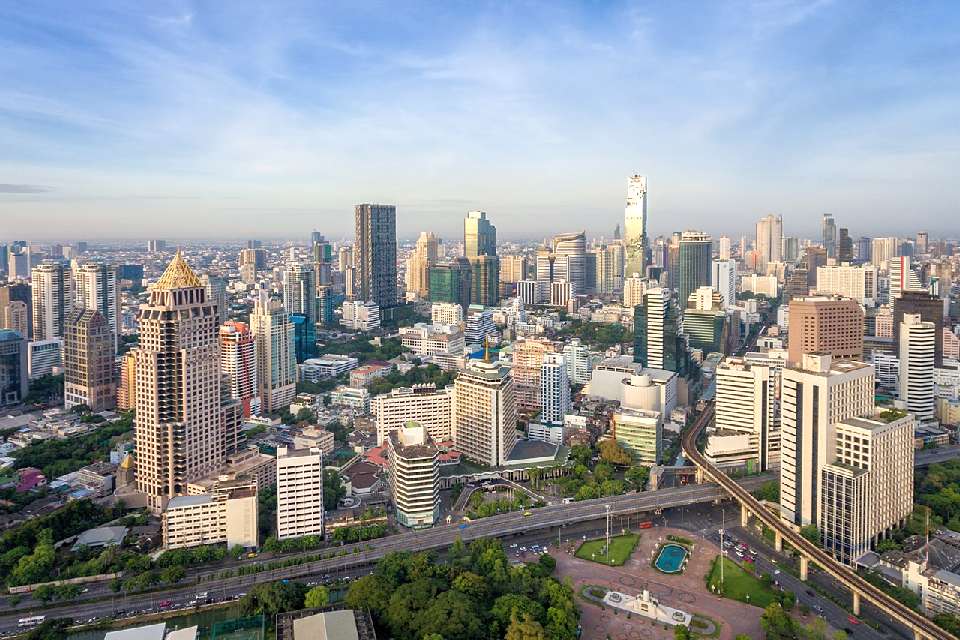
Online foreigners are warning the Thai government that they are changing their minds about buying condominium units here. They stress that the Thai Revenue policy to tax residents on overseas income remitted to Thailand from January 2024 is cautioning them, whilst the suggestion that worldwide income, whether remitted or not, could become taxable from 2025 is the last straw.
Prime minister Srettha Thavisin has resurrected the old idea of property-purchase legislation by arguing for an increase in the foreign ownership quota for condos to 75 percent and extending leasehold contracts to 99 years. Yet he and his Pheu Thai party attacked the proposal of his predecessor General Chan-o-cha who wanted to allow foreigners to buy one rai of land (0.16 hectares) provided they invested here very heavily. The General’s plans were eventually dropped after an avalanche of complaints he was “selling” the country.
Real estate associations have urged Pheu Thai to reform the property laws because of weak demands from local Thai buyers and evidence that foreigners are using illegal Thai nominees in the purchasing process of both villas and condos. Although some projects in Thailand are currently undersold, others in popular locations such as beaches or overhead rail stations or industrial estates are selling like hot cakes. Colliers Thailand, the commercial real estate, say the best-selling provincial projects are in areas, such as Pattaya and Phuket, popular with foreigners rather than Thais.
Several Pattaya real estate companies point out that the foreign market is changing and that most buyers are no longer Europeans or Americans worried about income tax for resident expats. The Real Estate Information Center confirms that the top three nationalities for foreign ownership transfers of condos overall in the first quarter of 2024 were Chinese, Myanmar nationals and Russians. However, the vast majority of purchases were for investment purposes and most commercial buyers were not pensioned retirees wanting to live in their purchases.
Surachet Kongcheep, managing director of the consultancy Property DNA, urged caution about liberalizing the condo regulations as most projects had not reached their foreign quota. He also criticized developers who sold condo units at higher prices exclusively to foreigners as this could distort the market for Thais. He suggested a new rule that condo purchasers must wait at least three years before being sold or transferred to another individual. But the point is that traditional retirees on renewable visas or extensions of stay are no longer the hub of Thailand’s property market. Pumping up the property market has new players.








